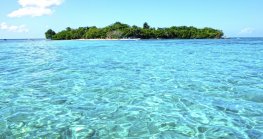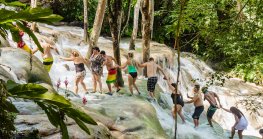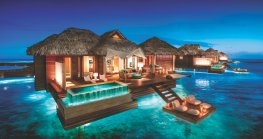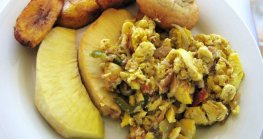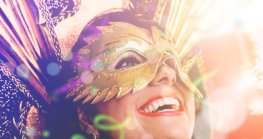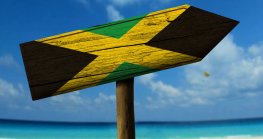Dekonero talks about Reggae Scene in Ghana and the World
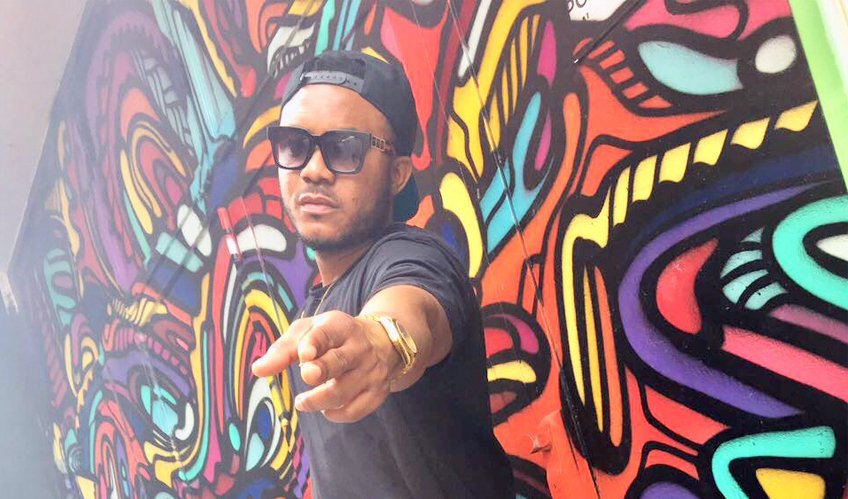
The message of Reggae inspires one Ghanaian musical artiste to create his own story through music.
When you take a look at the Top 20 songs on Reggae and Dancehall charts these days you are just as likely to see songs climbing the lists for non-Jamaicans as Jamaicans these days. This genre of music launched with “Do the Reggay” by Toots and the Maytals in 1968 has grown to speak to the entire world through the music of a range of artists from the island of Jamaica. From the legendary Bob Marley who also helped spread the Jamaican religion of Rastafarianism to modern day superstars like Damian ‘Junior Gong’ Marley, Shaggy, Sean Paul, Stephen Marley, Chronixx and Proteje among others. Recently added to the UNESCO Intangible Cultural Heritage of Humanity List, reggae now truly holds its place in the tapestry of world history. As the music and the message travels further and further afield, musicians all over the world are talking about how these artists inspired them, how reggae played a part in their own musical journey and how the music now has its own place in their culture. One such artist is Dekonero, a young Ghanaian musician who plans to make the world dance along to his own musical message.
Jamaica Experiences: Hi Dekonero. As we are celebrating Reggae Month we wanted to talk to talk about the impact reggae has had on artists across the world so thanks for being with us today.
Dekonero: It’s a great pleasure. Thank you.
Jamaica Experiences: So what would you say is the significance that Reggae and Dancehall music on you, so much so that you started a career as Singjay.
Dekonero: I grew up in a big family house in Kwashieman, Accra Ghana. My uncles used to play reggae music a lot like Bob Marley, Buju Banton, Morgan Heritage, Luciano, Sizzla, Beenie Man and the likes. I got familiar with some of their lyrics and started singing along. One day I borrowed a Capleton compilation CD from a friend of mine. After listening to the CD I said it to myself “I want to sing like him”. My favourite was “That Day Will Come”. I started doing my research on him and watched most of his live performances. I then started writing like him, sounding like him, singing like him. Capleton was the reason I started dancehall music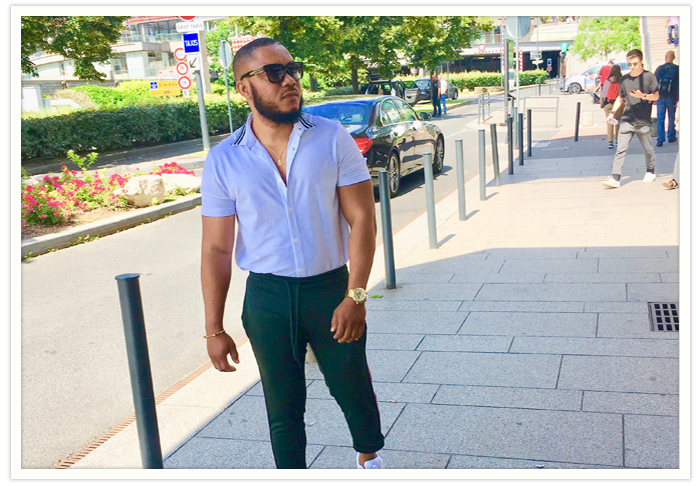
Jamaica Experiences: What was it about Capleton that you were so impressed by?
Dekonero: His positive contents. For an example “That Day Will Come” song from Capleton was not just a normal reggae song. That song was so deep and very conscious which threw light on so many malfunctions in the system and how men would be judged according to their actions. It talked about corruption, injustice, racism …etc. At the beginning of the song “That Day Will Come”, Capleton said “Equal rights and justice for all, Rise and never fall” which said a lot to me about how I should treat people equally and how I would be judged according to my deeds. And as a youth growing up, it taught me how to be more responsible in life. And trust me, up until now I’ve always tried my best to live up to that. You see my mother was a single parent because my father was never around. So I never wanted to grow up and be like my father who didn’t care about his family. I always try my best to be a better version of my father. To explain further, I want to live a life that my mother would be proud of and a good son she single handedly raised. Capleton’s song helped me find that path and strength to stick to the path.
Jamaica Experiences: Do they play Reggae and Dancehall on mainstream radio in Ghana?
Dekonero: Yes they do. In Ghana, a lot of people consume reggae and dancehall music even though we have our own genres of music like Highlife, traditional music, Hiplife, Jamma and so on. But, ‘til about ten years ago, reggae music wasn't so popular in Ghana because as I said we have our own music so only a few radio stations used to play reggae and dancehall music. Some of our old musicians had reggae type of songs in their Highlife songs as well so basically it was like Ghanaian version of reggae music which was sung in our local dialects. A lot has changed over the years and dancehall is now huge in Ghana thanks to the popularity of Shabba Ranks, Vybz Kartel, Mavado, Sean Paul, Shaggy and so on. I would say almost all the radio stations in Ghana play dancehall music today. And Afrobeat, which has a bit of dancehall influence as you know, is one of the biggest genres of music to come out of Ghana and Nigeria. Today, Afrobeat is huge all over the world.
Jamaica Experiences: Do you hear any influences from Ghanaian music in Jamaican music? Because you know a lot of us Jamaicans can trace our ancestry back to West Africa including Ghana.
Dekonero: A lot of influences I must say. To begin with, just like Mento music and Nyabinghi directly derive from African culture and music, early Reggae definitely had so many African influences. Our local music genre “Highlife” also has one drop just like reggae music. So there are undeniable influences from both sides. In recent years, there has been so much cross over between Ghana and Jamaica in terms of culture, fashion and music, Africans are singing like Jamaicans and vice versa, I feel like we are all from one place. Even within Africa as continent, people are uniting through entertainment and music in particular. And we have genre of music called Afrobeat which is not just Ghana or Nigeria specific anymore. It has spread all over Africa. I have never been to Jamaica before but I can speak the lingua and sometimes people listen to my songs and they think I am Jamaican. I love that because we are all one people with a common destiny. That’s what our leaders like Kwame Nkrumah, Marcus Garvey, Martin Luther King and all those activists fought for. In Africa, we had our own top reggae artists like Alpha Blondy, Rocky Dawuni, Majek and Lucky Dube. Rocky Dawuni who is Grammy nominated reggae artist from Ghana and is very popular around the world.
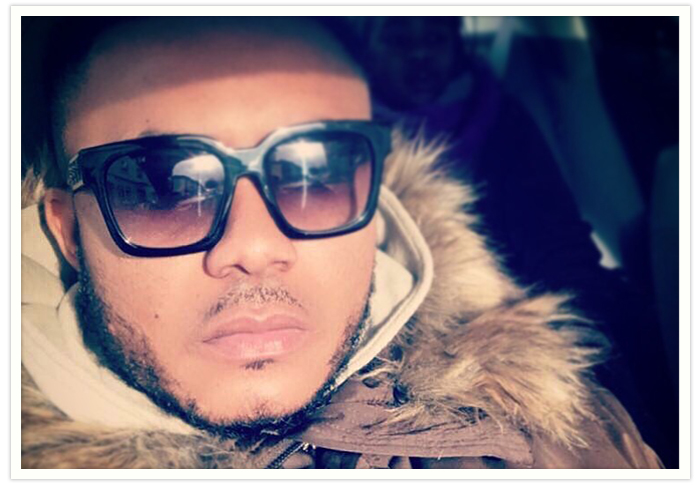
Jamaica Experiences: Many of Ghanaian and Afrobeat artists in general use so many references to Jamaican patois. Is it also common in everyday life in Ghana for people to drop some patois?
Dekonero: I can also speak about my own experiences. One day I watched a Jamaican film “Third World Cop” and instantly felt for the lingua. I loved it so much that I started speaking every word in the movie. I got myself a Jamaican dictionary from a local library to be able to speak and understand the language. I then started listening to more Jamaican songs and watched lots of Jamaican movies. Jamaican words like “”wagwaan”, “bredda”, “nuff respek”, “bless up”, “everyting cool”… etc. are very common in the streets of Ghana. Everybody knows these words even some of the old people because of the heavy rotation of dancehall music on radio stations in Ghana now.
Jamaica Experiences: What do you think it is about Jamaican language and music that fascinate Ghanaian people and people all over the world? Which part of Jamaican culture do young Ghanaians relate to?
Dekonero: It’s definitely the lifestyle and the music. Our taste in fashion is similar. Flashy life style with bling-bling and showing off what we have like cars, clothes, shoes … etc. like Jamaican dancehall artists talk about in their music manifests the same in Ghana. Bob Marley also played a major role by putting Jamaica on the map through music. We have a lot of Rastafarians in Ghana. Every country has their good and bad side but we focus on the good side. Ghanaians and Jamaicans have a lot in common. The weather, people …etc. Bob Marley's wife, Rita Marley, have lived in Ghana many years and she still lives there.
Jamaica Experiences: So you think Bob Marley’s music and message is still relevant today?
Dekonero: Yes it is. Bob was like a prophet and things he said in his music are being manifested now. For example, he sung about the unity of African in “Africa Unite” and today Africans are uniting through music, entertainment, movies, sports…etc. Great music never dies even though the legend Bob Marley has passed and gone. His music lives on forever and people still listens and live up to all that he said in his music.
Jamaica Experiences: Who is your favourite current Jamaican artist?
Dekonero: While Vybz Kartel and Capleton are always my favourites, I am currently hooked on Koffee. She has such versatile style and unique voice …I just can’t get over her. She is a different breed and the future of reggae music.
Jamaica Experiences: Is the internet an important platform for people to find the latest Reggae and Dancehall tunes?
Dekonero: Now the internet rules everything. Back then people move from radio to radio stations to promote their songs but now everything has changed because of the internet. People upload their songs on all these digital platforms and their fans get access to buy/download or stream their songs. It now easy to get music and follow your favorite artist and see what they have been up to through social media. And it definitely contributed to these cross over between Jamaican and Ghanaian music and culture that we have been talking about. Things catch up and spread really quickly and it creates less and less boundaries between cultures. It also helps us musicians to reach out audiences and create and collaborate with other musicians all over the world.
Jamaica Experiences: Do you have plans to visit Jamaica soon?
Dekonero: I am looking forward to touch down in Jamaica to work with a couple of Jamaican producers and musicians as well. Also, my new single “MY GIRL” which is due to be release on all digital platforms very soon. Snipped for "MY Girl" can be heard on BritJam 2019's playlist!
STAY CONNECTED WITH DEKONERO ON @Dekonero Instagram
© 2019 Jamaica Experiences All Rights Reserved





